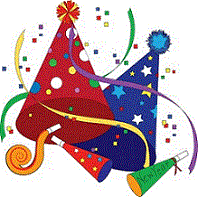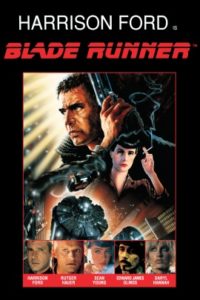You’ve finally done it. After years of hard struggle, you’ve put the final “The End” on your story. You’ve edited, re-edited, proofread and sent the final manuscript off to your publisher, or you’ve hit the “publish” button yourself. It feels good. It feels like you’ve accomplished something major. Because you have.
Now it’s time to move on.
It’s not that easy, is it? Those characters that have been in your head for the past years, it’s hard to let them go. Sometimes they don’t want to go. After all, you grew to like some of those characters. Some of them seem like old friends, and nobody wants to let old friends go.
Well, you don’t have to let them go forever, but you do have to let them go for now. Because your new story, book, or series deserves the same focus and attention that you gave your last one. And you will develop new appreciation for new characters, new challenges and new plot twists.
This is particularly meaningful for me because I finished my first epic series and have begun working on my next book. It has been surprisingly difficult to put aside the story I’ve been working on for years. There are so many little side stories that intrude on my consciousness. As I’m trying to plot out the new story, the old story keeps popping into my head with ways the new idea could have improved the previous work.
The best approach I’ve found so far is the same tactic I’ve used for virtually every other writing obstacle I’ve encountered. Just write. Just put words on paper. The more words I put down of the new story, the more compelling the new story is becoming. The more I develop the new characters, the more vibrant and alive they feel.
To me the real measure of when I’ve begun to truly get a story moving is when the story starts to write itself. When the characters start telling me what they would do, and how. I’m getting to that point now, and that is when writing is the most fun to me.
I suppose I should try to find some other clever approach, or a five-point plan or some trick to tell other authors, but the reality is that nothing seems to work as well as applying backside to chair, and fingers to keyboard. So, if you’re in the same place, and finding it difficult to make the transition, all I can do is say “Just write.”


